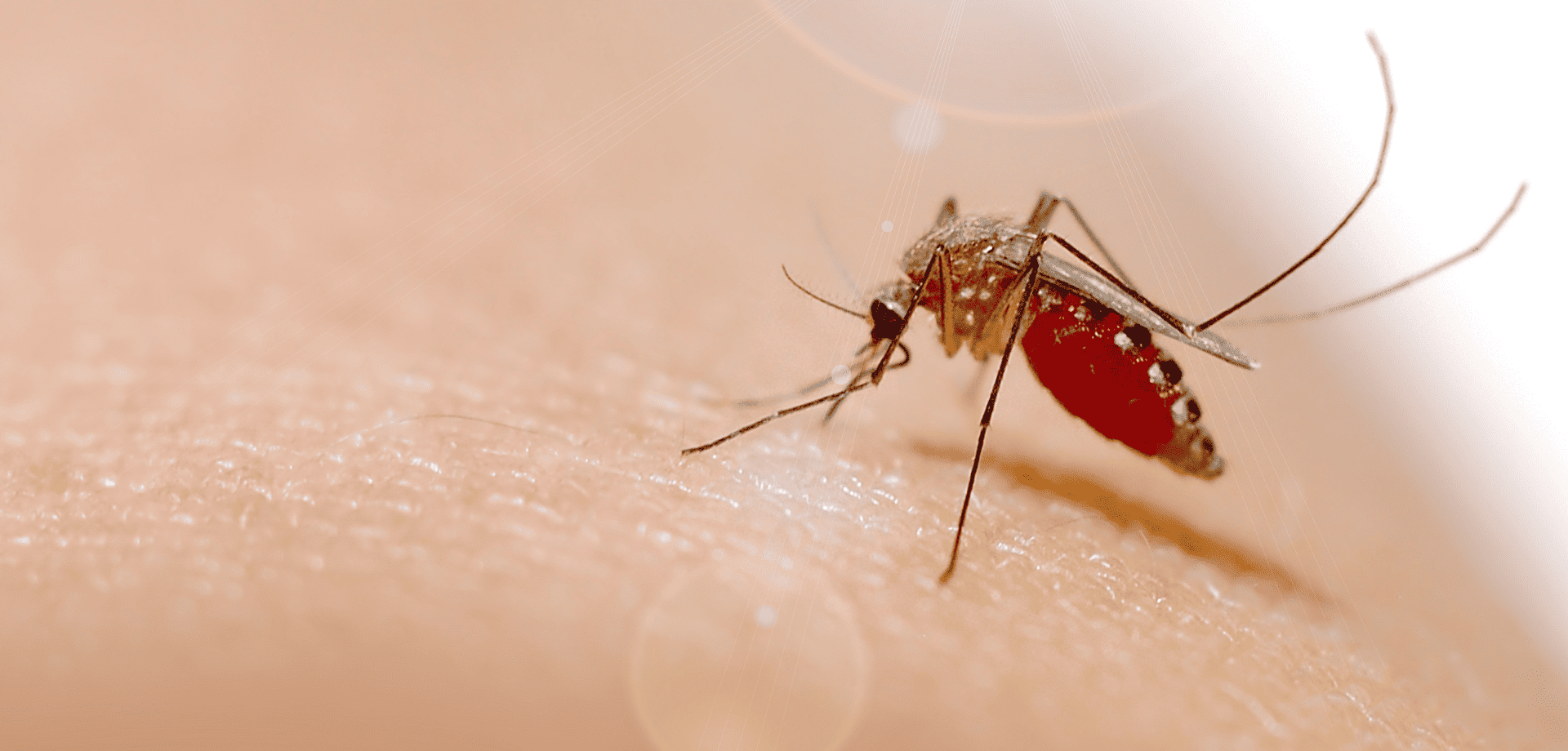Tag: Female health
Respiratory Syncytial Virus (RSV) is a common and highly contagious virus that primarily affects the respiratory tract, causing significant illness, particularly in infants.
As it is seasonal, it usually peaks during the winter months and spreads through droplets from coughs and sneezes, or via contact with contaminated surfaces. RSV is a virus, so antibiotics are not an effective treatment.
Each year, RSV poses a substantial health risk to infants and older adults worldwide.
In the UK, RSV accounts for approximately 33,500 hospitalisations annually in children aged 5 and under, resulting in 20 to 30 deaths per year. 75-80% of hospitalisations due to RSV happened during the first 6 months of life.
Is there a suitable RSV vaccine for pregnant woman?
Abrysvo is a recombinant vaccine for the prevention of severe lower respiratory tract disease caused by RSV in infants up to six months old. It is the only maternal RSV immunisation given to the pregnant woman between 32 – 36 weeks of pregnancy to help protect newborns. It can also be used for older adults over the age of 60 years, in preventing RSV that can lead to breathing difficulties.
Maternal vaccination involves administering vaccines to pregnant women to protect their newborns through the transfer of antibodies. This approach has been effectively used for diseases like whooping cough. Vaccinating pregnant women against RSV provides passive immunity to their babies, safeguarding them against RSV until they can receive their own vaccines. The RSV vaccine must be given at least 2 weeks apart from the whooping cough vaccine.
The Joint Committee on Vaccination and Immunisation (JCVI) has assessed the impact of RSV and recommended implementing immunisation programs to protect vulnerable groups, including infants and older adults. Although the specific details and timeline are still being finalised, the program aims to reduce the incidence of RSV-related illnesses among infants, ultimately reducing RSV-related morbidity.
At Fleet Street Clinic, we can offer private RSV vaccination to protect you and your baby, ahead of the NHS roll out.
Abrysvo is an inactivated vaccine and only requires a single dose for protection.
RELATED SERVICES AVAILABLE AT FLEET ST. CLINIC
UTIs can strike unexpectedly, casting a shadow over an otherwise fantastic holiday.
Whether you’re a seasoned traveller or embarking on your first adventure, the risk of urinary tract infections (UTIs) is real and more likely to occur during travel, especially in hot countries.
This blog compiles expert advice and practical tips to empower you to minimise the chances of developing a troublesome UTI during your travels.
1. Stay hydrated
One of the simplest yet most effective ways to prevent UTIs is to stay well-hydrated. Proper hydration helps flush bacteria out of your urinary system, reducing the likelihood of infection.
Aim to drink at least eight glasses of water a day, and avoid excessive consumption of caffeinated and alcoholic beverages, as they can contribute to dehydration.
Bring a reusable water bottle and make a habit of refilling it throughout the day, ensuring you have access to clean and safe drinking water wherever you are.
2. Don’t delay going to the toilet
It can be tempting to “hold it in” during long journeys, delayed or remote travel but putting off going to the bathroom can cause UTIs.
Holding your bladder for too long can contribute to the growth of bacteria in your urinary tract. Since urination flushes bad bacteria out of the bladder before they get a chance to multiply to dangerous levels, going to the toilet as soon as you can means less bacteria are left to sit in your bladder for longer than necessary, reducing your risk of a painful infection.
Remember, maintaining good personal hygiene is crucial in preventing gynaecological infections, particularly UTIs and cystitis. When travelling, it’s essential to prioritise cleanliness. Carry antibacterial wipes to clean your hands before and after using public toilets.
3. Choose comfortable clothing
Believe it or not, your choice of clothing can impact your risk of developing UTIs. Tight-fitting clothes, especially in the pelvic area, can trap moisture and create an environment conducive to bacterial growth.
Opt for loose-fitting, breathable fabrics to allow proper air circulation. Additionally, change out of wet bathing suits promptly to prevent the proliferation of bacteria.
By paying attention to your wardrobe choices, you can significantly reduce the risk of developing uncomfortable infections during your travels.
4. Treat constipation
Exploring new cuisines can lead to various challenges for travellers. While some may grapple with traveller’s diarrhoea, others might experience constipation due to altered eating patterns, dehydration, increased alcohol consumption, and a more sedentary lifestyle.
Unfortunately, constipation increases your risk of contracting a UTI. To mitigate this risk, aim to eat a diet rich in fibre, stay active, and drink plenty of water.
5. Carry a female health kit with you whilst you travel
If you experience any symptoms of a UTI or gynaecological infection, it’s crucial to have medications on hand so you can continue your holiday or travel unaffected.
Carrying a female health kit with you whilst you travel means you can detect and treat your UTI symptoms whilst on-the-go. It contains urine test strips which can confirm if you have a urine infection as well as antibiotics and cystitis relief sachets to alleviate symptoms of inflammation.
Symptoms of a UTI may include frequent and painful urination, lower abdominal discomfort, blood in your urine, a high temperature or lower back pain.
Take our free online consultation to see if you can buy a female health kit online.
Remember, in addition to self-treatment, it’s crucial to seek prompt medical attention, especially if symptoms worsen.
Your travel experience should be memorable for all the right reasons, not marred by the discomfort of a urinary tract infection.
By following these essential tips – from prompt bathroom breaks, to arming yourself with the right travel medicine – you can significantly reduce the risk of encountering a UTI while abroad.
Our female health kits are designed for travel and contain everything you would need to treat and alleviate symptoms for a urinary or gynaecological infection. Begin by completing our free online consultation today.
Whether you’re prone to urinary tract infections, or have never experienced one before, it’s a good idea to buy a female health kit before any trip or holiday and arm yourself against the discomfort and misery of a UTI while abroad.
Fleet St. Clinic is here to support your well-being whilst you travel.
Stay healthy, stay informed, and make the most of your travels!
Related services available at Fleet Street Clinic
Ovarian cancer is a disease that affects thousands of women worldwide each year and is often referred to as the silent killer due to its silent symptoms, including bloating, abdominal pain, and changes in bowel habits, which are often mistaken for other conditions. Despite advances in treatment, the disease remains a major public health concern due to its high mortality rate. However, new data from a study funded by Cancer Research UK (CRUK) suggests that a seemingly unlikely tool – supermarket loyalty card surveillance – could help spot ovarian cancer early, when it is most treatable.
The study, which was published in JMIR Public Health and Surveillance, analysed data from supermarket loyalty card programs and found that changes in purchasing behaviour could be used to detect early signs of ovarian cancer.
Researchers found that women with ovarian cancer often experience a decline in their appetite and energy levels, which can result in changes in their grocery shopping habits. By monitoring these changes in real-time, it may be possible to detect the disease early and improve the chances of successful treatment.
This is an exciting development in the fight against ovarian cancer, and one that has the potential to revolutionise the way we detect and treat the disease. By leveraging the vast amounts of data generated by supermarket card programs, healthcare providers and public health officials could identify women who may be at risk of ovarian cancer and encourage them to seek early medical attention. This could help to improve the outcomes of treatment and reduce the overall impact of the disease on society.
One of the key benefits of supermarket card surveillance is that it allows for continuous monitoring of women’s purchasing behaviour. This means that healthcare providers can receive real-time alerts when changes occur, allowing them to act quickly and effectively. This level of monitoring is not possible with traditional screening methods, which are typically performed only once or twice per year and may miss early signs of the disease.
Additionally, supermarket card surveillance is a cost-effective way to monitor the population for signs of ovarian cancer. Unlike other screening methods, it does not require specialised equipment or trained personnel, and the cost of monitoring is negligible compared to the cost of treatment. This could make it possible to implement large-scale screening programs, even in resource-limited settings, and reach a greater number of women who may be at risk of ovarian cancer.
Of course, it’s important to keep in mind that supermarket card surveillance is not a substitute for traditional screening methods, such as ultrasound or CA-125 tests, or for regular self-reporting and awareness of symptoms. However, it could be used as an adjunct to these methods, helping to improve the accuracy of screening and reduce the number of missed cases.
Another important consideration is the privacy of women whose purchasing behaviour is being monitored. While supermarket card surveillance has the potential to help detect ovarian cancer early, it is important to ensure that women’s privacy is protected and that the data collected is used only for medical purposes. Healthcare providers and public health officials should work together to ensure that any monitoring programs are transparent, secure, and in compliance with privacy regulations.
In conclusion, the findings of this study are a major step forward in the fight against ovarian cancer. By leveraging supermarket card surveillance, it may be possible to detect the disease early, when it is most treatable, and improve the outcomes of treatment for women around the world. However, it is important to carefully consider the privacy implications of monitoring purchasing behaviour and to ensure that any programs implemented are transparent, secure, and in compliance with privacy regulations. The early detection of ovarian cancer is a critical goal, and we hope that this research will help to pave the way for new and innovative approaches to screening and treatment. Additionally, women should be encouraged to seek medical attention if they notice any changes.
Reference Source: https://publichealth.jmir.org/2023/1/e41762
Related services available at Fleet Street Clinic:
MARCH IS OVARIAN CANCER AWARENESS MONTH
A vital month raising awareness of ovarian cancer to improve early diagnosis to save lives.
More women died from ovarian cancer in the UK (4,227) than from all other gynaecological cancers combined in 2016, according to Cancer Research UK. However, worryingly one in five women in the UK (22%) mistakenly believe that a smear test (cervical screening) can detect ovarian cancer, according to research Target Ovarian Cancer carried out with YouGov.
We are committed to raising awareness of the disease.
Speak to one of our female GP’s about any concerns you may have about your gynaecological history and your families medical history. During your consultation, we will also conduct a breast check and pelvic examination.
“In the UK a woman dies every two hours from ovarian cancer, but the earlier the diagnosis the better the chances are”
Professor Hani Gabra – Director of Ovarian Cancer Action Research Centre
What is ovarian cancer?
Ovarian cancer is when abnormal cells in the ovary begin to grow and divide in an uncontrolled way and eventually form a growth (tumour). Every year 7,300 women in the UK are diagnosed with ovarian cancer.
Who can get ovarian cancer?
The risk of developing ovarian cancer increases as you get older. The most common type of ovarian cancer is epithelial ovarian cancer, this usually occurs in women older than 50 years old. We don’t know exactly what causes epithelial ovarian cancer. But some factors may increase or reduce the risk.
Factors that increase the risk include:
- getting older
- inherited faulty genes
- having breast cancer before
Factors that may reduce the risk include:
- taking the contraceptive pill
- having children
- breastfeeding
Ovarian Cancer is notoriously difficult to spot.
With non-specific symptoms in the early stages. It is hoped that this new method of early diagnosis could help save lives.
How to recognise the symptoms of Ovarian Cancer:
Early Ovarian Cancer symptoms can be similar to those of other conditions, these some to watch out for:
- Persistent bloating – not bloating that comes and goes
- Pain in the lower stomach and pelvis
- Difficulty Eating and feeling full quickly
- Back pain
- Fatigue
- Change in bowel habits
What should you do if you’re worried?
It is important to contact your GP as soon as possible if you spot any symptoms that are abnormal for you.
We understand talking about your concerns and having an examination can be quite worrying and for some, embarrassing, therefore, to make you as comfortable as possible, all our well woman services are booked with a female GP.
There is an Ovarian Cancer Blood Test – CA 125 available
Levels of protein CA125 in the blood are recognised as a marker for ovarian cancer. This simple and effective blood test will detect early stages of ovarian cancer. You can either have this as a stand-alone blood test or add it on to your medical for an additional cost. Please inquire for prices..
Links:
Target Ovarian Cancer
Cancer Research UK
For more information about Fleet Street Clinic’s Women’s Health Services.
You can also book a GP appointment online.







